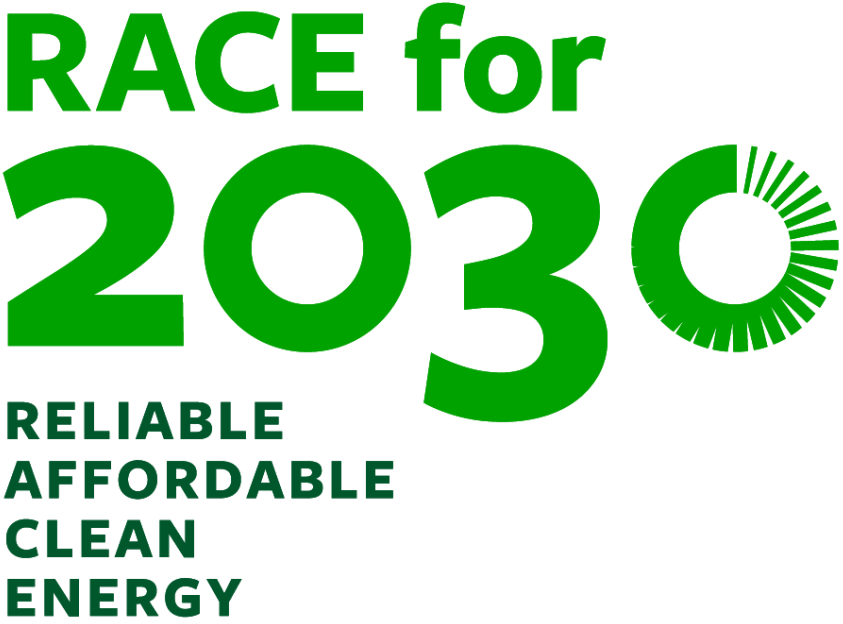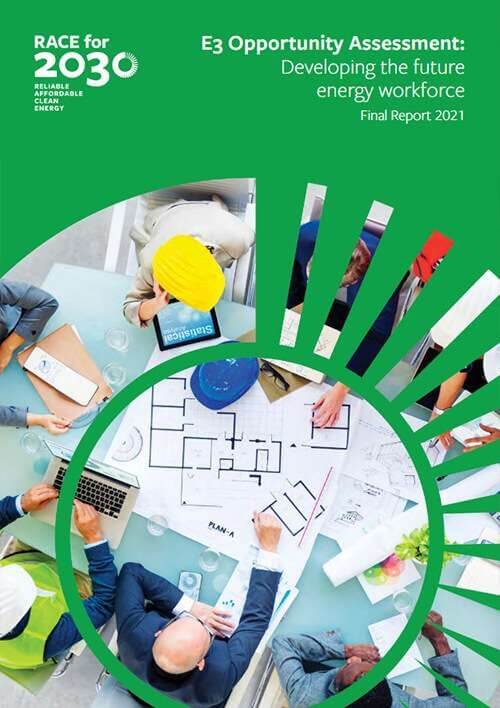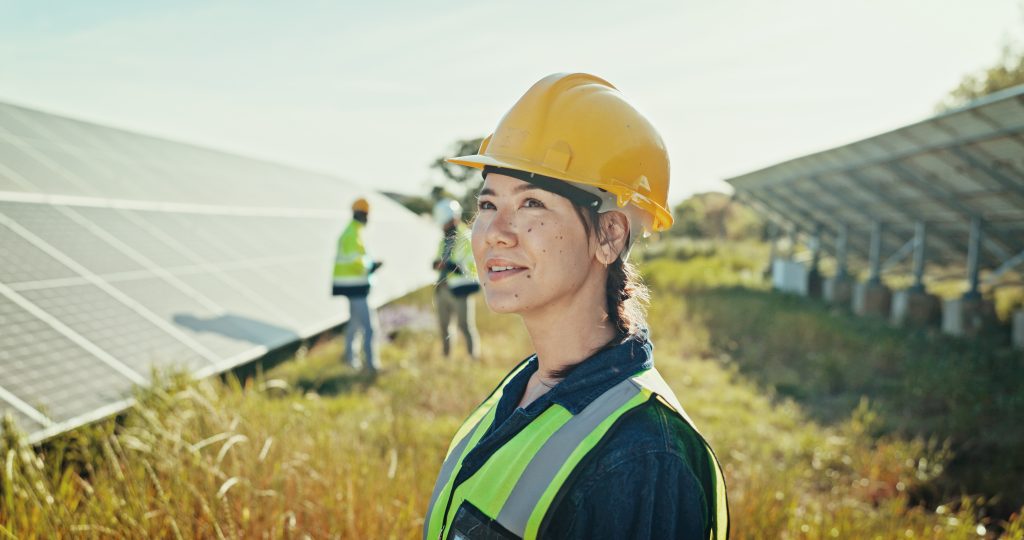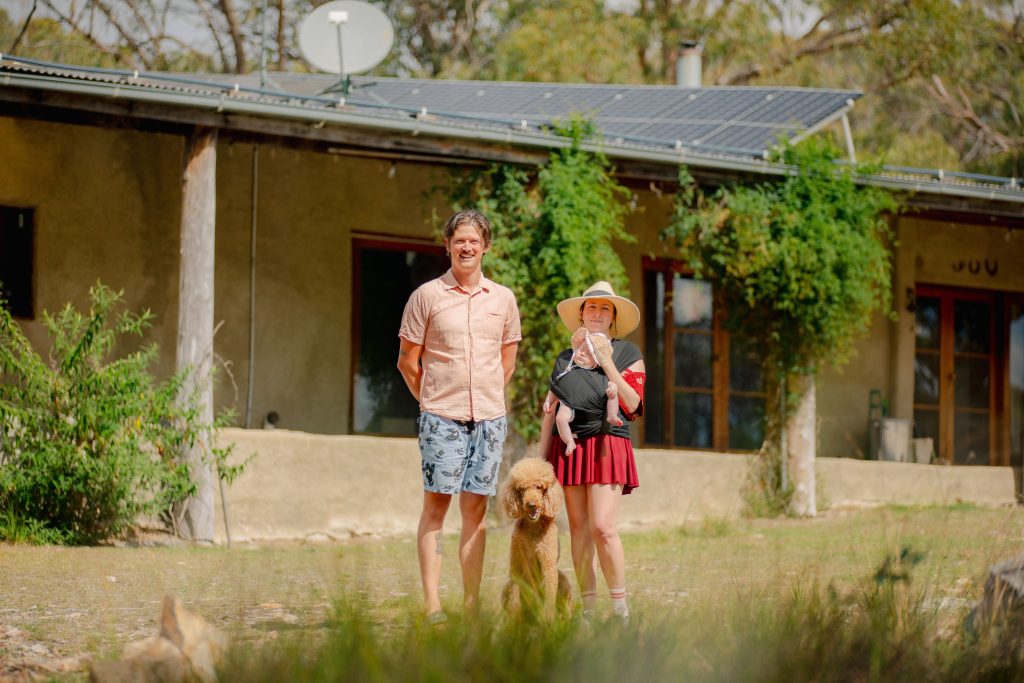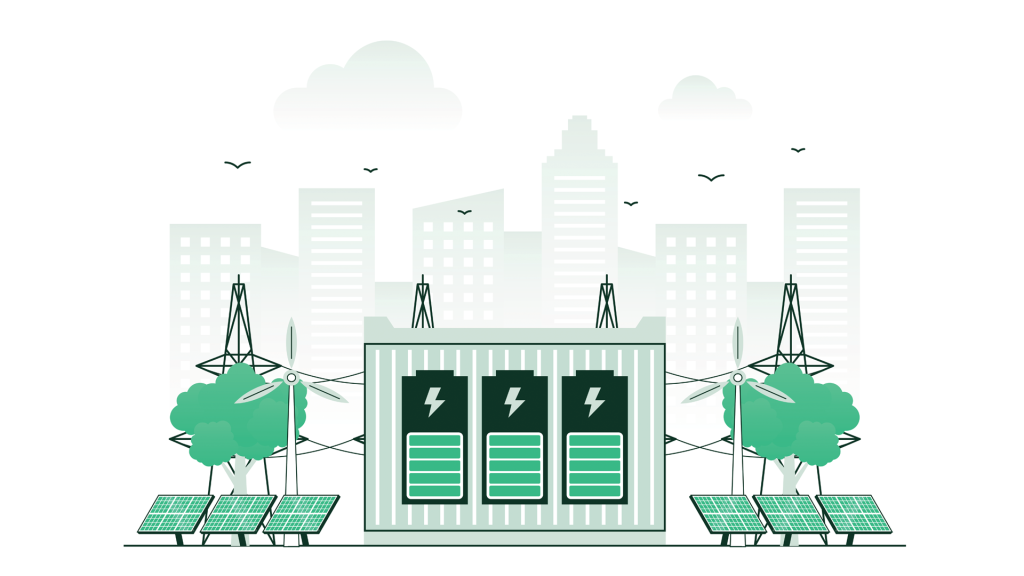Chief Investigators
Jay Rutovitz (UTS)
Purpose of project
The energy workforce is a critical enabler of the clean energy transition. Developing the future energy workforce is also crucial to realising the RACE for 2030 vision of a customer-centred clean energy system, and to the successful translation of RACE for 2030 research outcomes into industry impact.
This project will address several fundamental questions about Australia’s energy sector, including how to measure the workforce, how training and skills can be fit for the future, and how to the strengthen Australia’s innovation pathways. The work will be separated into three work packages:
• Market size, workforce and employment – To date, there has not been a systematic national framework for measurement or monitoring the current and future energy workforce in Australia. By developing the ability to adequately track and forecast clean energy jobs, Australia will put itself in a strong position to assess how the energy sector contributes to overall employment and the economy over time, and to identify the needs of the future energy workforce.
• New skills development – The clean energy transformation is expected to substantially change the global energy workforce. Significant effort will be required to understand the new skills and occupations involved, as well as the underpinning training and professional development pathways required, to deliver this transition.
• Innovation pathways – focusing on understanding how transformative change through innovation could be leveraged to enable the clean energy transition. Due to the scale of the changes required to achieve decarbonisation in the energy sector, and the extent of the disruption involved, Australia must accelerate and strengthen its energy innovation pathways.
Impact of project
This opportunity assessment will seek to describe a pathway to understanding the present and future energy workforce in Australia. It will consider opportunities to address the clean energy transition through the development of a workforce that underpins the sector, and the innovation pathways that can be strengthened to support growth. In doing this, the report establishes a strong foundation for helping us to understand:
• the expected and potential workforce growth needed for a clean energy transition
• the occupations and skills that are going to be required
• how to deliver the training needed to support the development of those skills
• how innovation pathways can be strengthened to support Australia’s energy transition.
The findings and recommendations will include priority research projects for developing the future energy workforce for the duration of the RACE for 2030 research program, including consideration of relevant barriers and solutions.
Project partners – industry and research
UTS (Lead), A2EP, Ai Group, AIRAH, API, Clean Energy Council, Climate-KIC, DEECA (VIC), DEM (SA), DES/DNMRE (QLD), DISER (Commonwealth Govt.), DPIE (NSW), EEC, EnergyLab, Griffith University, IEA, IRENA, Monash University, Potsdam Institute for Climate Impact Research (PIC), RMIT, Startupbootcamp, Ultima Capital
Industry Reference Group members
A2EP, ABS, Ai Group, AIRAH, API, CEC,Climate-KIC, DEECA, DEM, DISER, DNMRE/DES, DPIE, EEC, EnergyLab, Griffith University, IEA, Monash University, RMIT, Startupbootcamp, Ultima Capital, UTS ISF
Published Report
Status
- Completed
Opportunity Assessment
- Completed
Project Leaders
- Jay Rutovitz, UTS
Completion Date
September 2021
Project Code
0080
